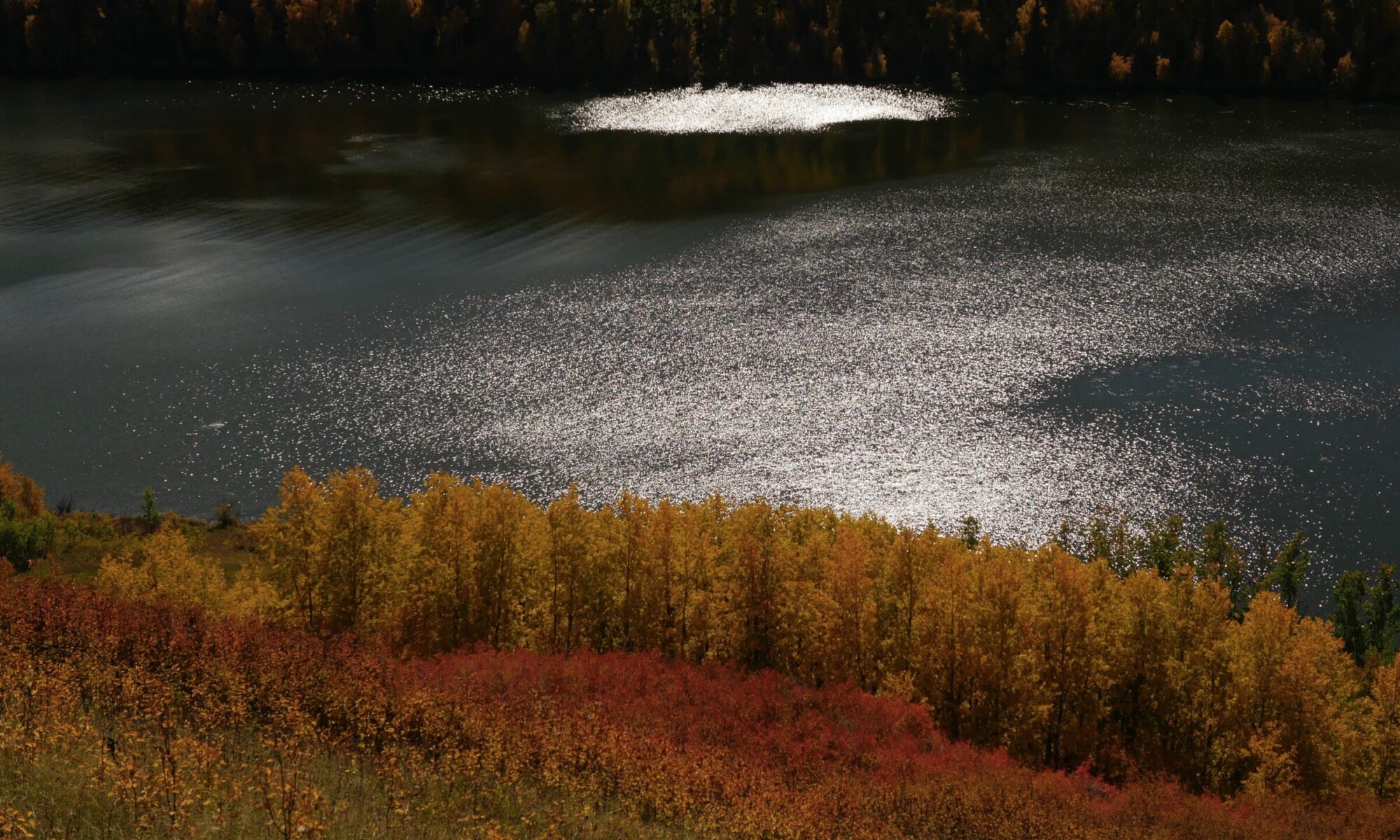If you think we environmentalists should learn from nature, the chrysalis experience would be a good place to start.
Towards the end of its life the caterpillar disintegrates into a pool of gooey protoplasm. Eventually a few different cells emerge. They are called imaginal cells because they contain the “image” of the butterfly. Then comes the battle for survival. The cells of the caterpillar’s immune system attack the imaginal cells trying to destroy them. Eventually, however, the imaginal cells overwhelm the caterpillar cells and bring forth a new and different life-form that can fly.
Environmental groups are experiencing a chrysalis experience. In the past they have worked to improve the inadequate environmental laws. But many of those laws no longer exist.
The federal and provincial governments have been dismantling environmental laws that have taken thirty years to develop. They have silenced their own scientists and reduce staff who have monitoring responsibilities. They have given corporations the right to design requirements for environmental impact reviews. They have silenced the voice of citizens in public meetings.
Then there is the attack on environmentalists and their organizations.
Prime Minister Harper has indicated that his government will be investigating the tax exempt status of non-profit advocacy groups who get too involved in politics. This silencing of environmental groups is the reason why David Suzuki had to leave his own foundation
Joe Oliver, federal minister of natural resources, has jumped in to protect the federal government’s resource extraction immune system. When he declared last year that environmental groups were radicals and un-Canadian for opposing the Enbridge pipeline I thought of Helder Camera. He was the Archbishop of Recife in Brazil, famous for his programs to feed and house the poor.
At the end of his life he asked. “Why is it that when I feed the poor they call me a saint? But when I ask how come the poor are poor they call me a communist?” And I thought…”Why is it that when we get folks together to clean up a stream they call us good citizens. But when we ask who polluted this stream and who allowed them to do it they call us radicals.”
We environmentalists must recognize that we are in transition. We are peering into this gooey political, economic, democracy disintegrating mess for the imaginal cells that will lead us into the future. And some of them are coming into focus.
We’ve got to stop being against things and start talking about what we are for. What does sane development look like at the local, provincial and federal level?
We’ve got to become more holistic. We must shed the “tree-hugger” reputation and work with coalitions to create a common ground that links environment, the economy, health and social programs.
We have to get political, recruiting and supporting good candidates. We must work cooperatively with governments when we can but always hold their feet to the fire.
We’ve got to strop preaching to the choir and broaden our base. We need young people, folks from the middle class, folks that are unaware of what is happening around them but are susceptible to change.
Finally, as individuals, we’ve got to recognize our personal and creative chrysalis. We have to reach deep within our souls to discover the moral, ethical and spiritual imaginal cells for our activism that will lead us into the future. We are fighting the good fight for one reason: because it is the right thing to do.
Mike Bell
Comox B.C.

Fantastic metaphor, and important outline of the political situation. Moving into our conference week, I hope to see exactly those types of conversation occur.